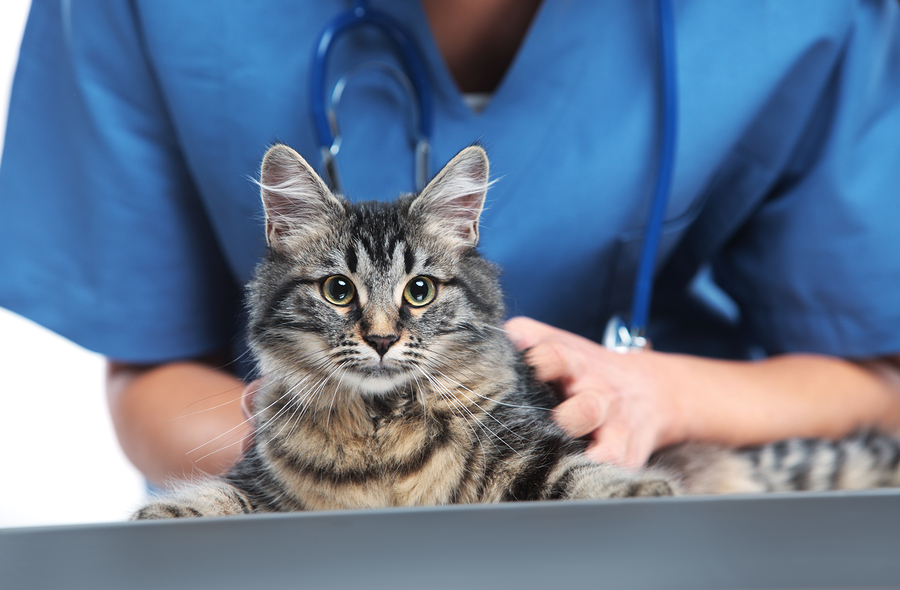A reader wants to know what it means that her cat is breathing with an open mouth and seems disinterested in play. Here’s what I told her.
Q: My ragdoll cat has been breathing with his mouth open, and he doesn’t seem to want to play very much. Do you think he’s just getting older — he’s 9 years old — or should I take him to see the vet?
A: If you have an emergency veterinary clinic in your town, you should get your cat in right away. Don’t delay! His signs could indicate congestive heart failure from a disease called hypertrophic cardiomyopathy. Besides lethargy, decreased activity and open-mouthed breathing (usually after excitement or exercise), other signs include rapid or labored breathing or weakness or paralysis in the hind legs. A heart murmur is another indicator. Sometimes cats don’t show any signs — that is, not until they collapse or even die suddenly.
Called HCM for short, this is the most common type of heart disease we see in cats. It causes the heart muscle to thicken, known as cardiac hypertrophy. The result is that it’s it more difficult for blood to enter the heart’s chamber and be pumped back out to the body.
We don’t know what causes HCM, but certain breeds such as Maine coons and ragdolls have a genetic mutation for the disease. Other breeds that are predisposed to HCM include Norwegian forest cats, Persians, Devon and Cornish rexes, and sphynxes, but it affects random-bred cats, too.
Cats of any age or gender can be diagnosed with HCM, but middle-aged males seem to be more commonly affected.
Medications are available that can slow the heart rate, help relax the pumping chambers and prevent fluid from building up in the lungs. Follow-up exams are important for cats on medication so the dosage can be adjusted as needed. With care, it’s not unusual for cats to live for months or even years after diagnosis.


